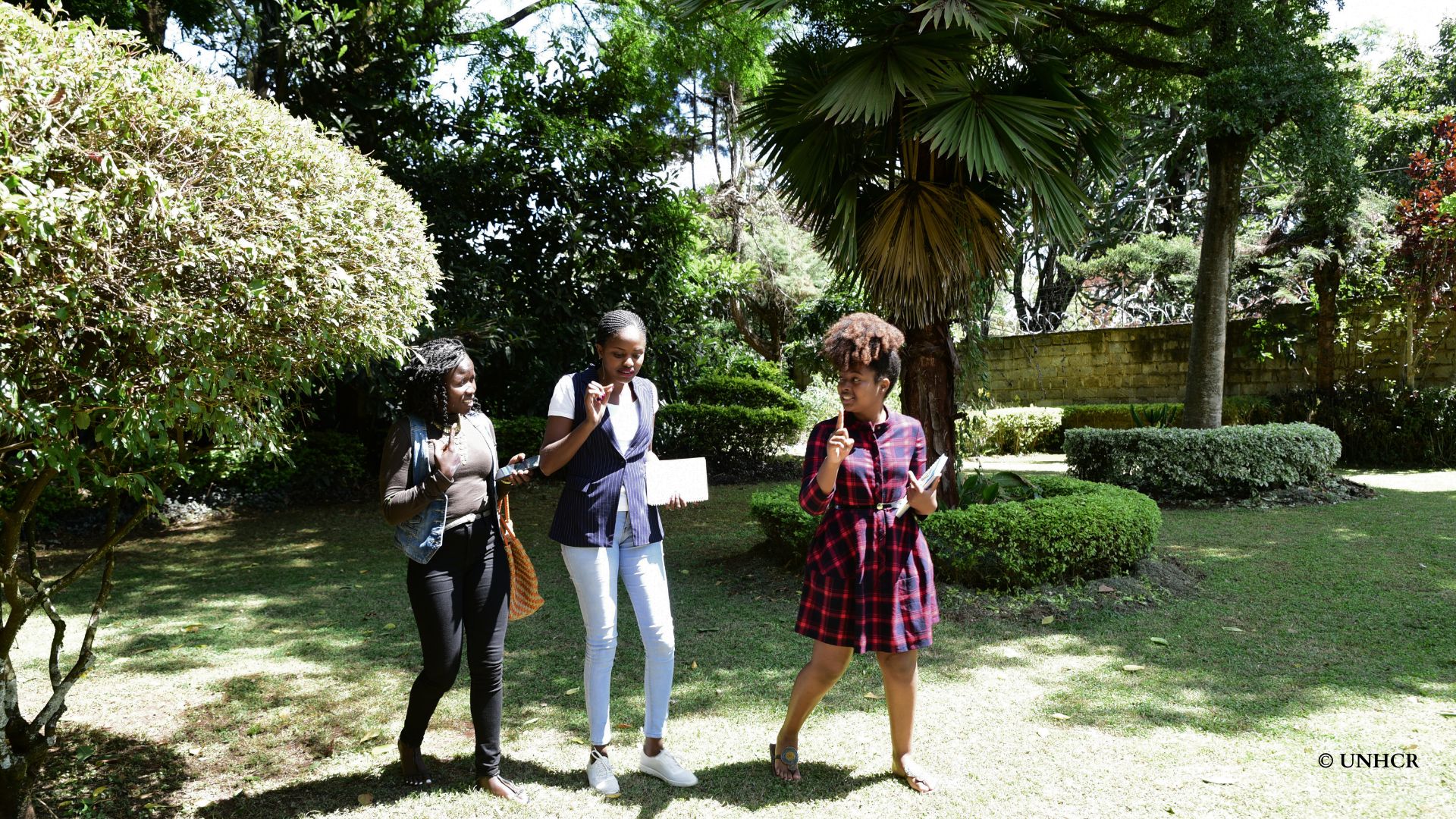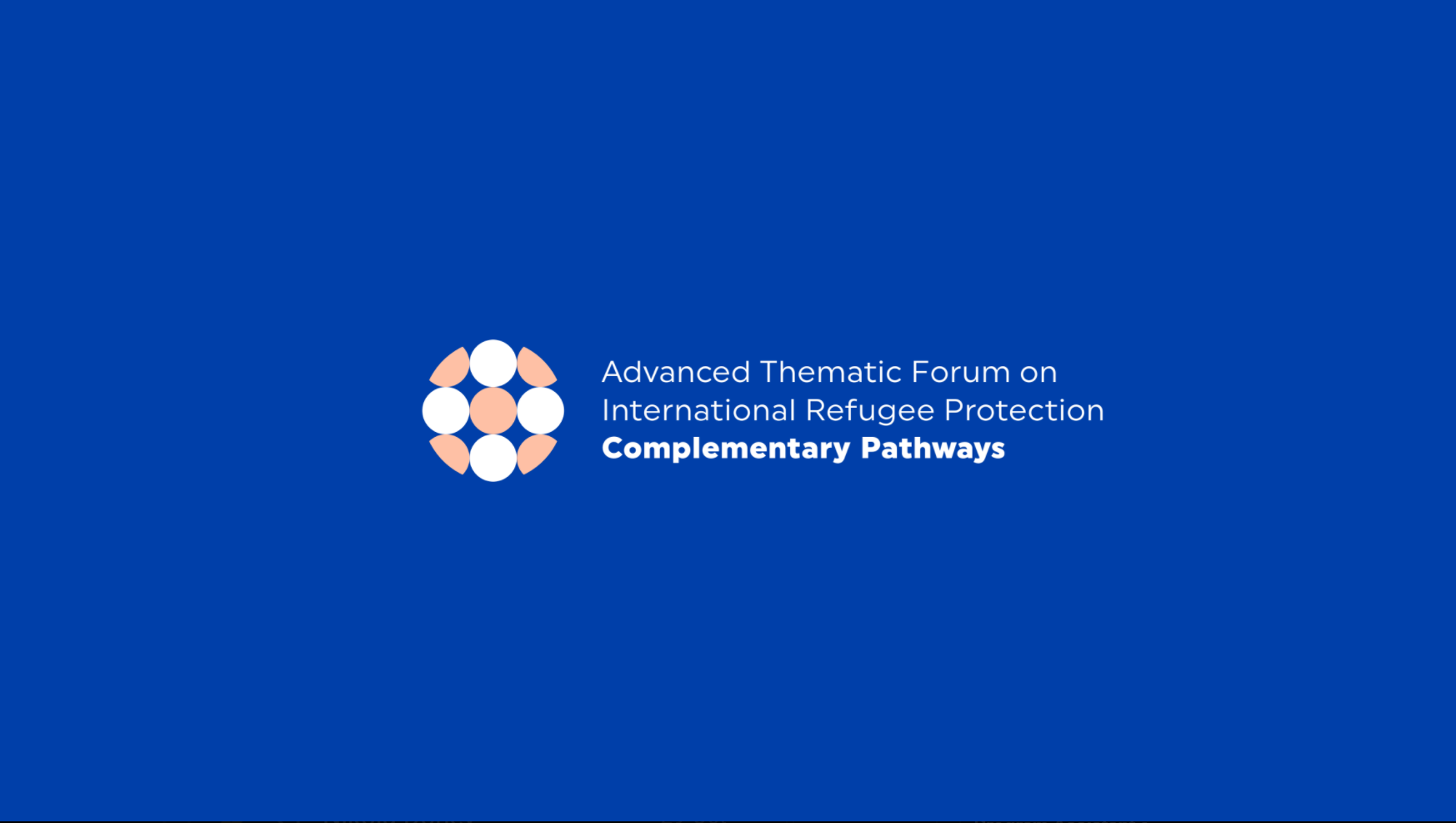
The world is facing unprecedented numbers of forcibly displaced persons. The number of forcibly displaced persons around the world according to UNHCR has crossed the 100 million mark in 2022. To address this, all of society needs to be called into service to contribute to providing forcibly displaced persons access to durable solutions and ensuring the effective protection of their rights. A vital role in that context is that of universities and other academic institutions.
The Academic Forum on the Promotion of Refugee Law convenes an international audience of academics who teach refugee law and manage various academic initiatives, such as legal clinics, moot court competitions, research programs, summer schools and others. It aims to support the strategic proliferation of such initiatives and to amplify the role of academia in refugee protection.
Participants will have the opportunity to learn and exchange best practices with their peers and work with other academics from all over the world in practical panel-based discussions.
This event is part of the pledges made by the Department at the Global Refugee Forum to support the capacities of governments, academic institutions, civil society and international organizations in the promotion of international refugee law and the implementation of the Global Compact on Refugees.

The International Forum on Complementary Pathways for Admission to Third Countries convenes professionals from all over the world to raise awareness and advocate for establishment and expansion of alternative channels through which refugees can find safety and durable solutions in countries beyond their country of asylum. These complementary routes directly contribute to equal responsibility-sharing and help meet three of the Global Compact on Refugees’ (GCR) objectives.
The first edition of this Forum took place in 2022 and convened more than 190 professionals from over 65 countries, including refugees who have themselves utilized these pathways, facilitating the sharing of best practices on third country pathways for refugees through higher education and labor mobility channels. The second edition of the Forum will expand further and cover additional types of complementary pathways, such as humanitarian visas, family reunification and community sponsorship.
The Forum gives participants the opportunity to learn about the international institutional framework and the stakeholders involved in all forms of complementary pathways for admission. It also aims to foster exchange of best practices from different countries and regions in the world while being mindful of different challenges that might be faced, in order to ultimately facilitate the further expansion of complementary pathways.
This Forum is part of the pledges made by the Department at the Global Refugee Forum in 2019 to develop programs focused on key areas in need of support of the GCR, building the capacities of governments, academic institutions, civil society and international organizations who could positively influence the protection of refugees, and facilitating the sharing of best practices and experiences among participants of an international background.

The International Forum on Complementary Pathways for Admission to Third Countries will raise awareness and advocate for the expansion of complementary pathways for safe admission of refugees to third countries as a complementary channel of protection to the traditional durable solutions for refugees. These complementary routes directly contribute to equal responsibility-sharing and help meet three of the Global Compact on Refugees' (GCR) objectives.
While focusing mainly on third country education and labour mobility pathways, the Forum gives participants the opportunity to identify and discuss the international institutional framework and the stakeholders involved in all forms of complementary pathways for admission. Additionally, the Forum presents best practices from different countries and regions in the world while being mindful of different challenges that might be faced, in order to strengthen advocacy efforts for the expansion of complementary pathways.
This Forum is part of the pledges made by the Department at the Global Refugee Forum in 2019 to develop curricula focused on key areas in need of support of the GCR, building the capacities of governments, academic institutions, civil society and international organizations who could positively influence the protection of refugees, and facilitating the sharing of best practices and experiences among participants of an international background.
